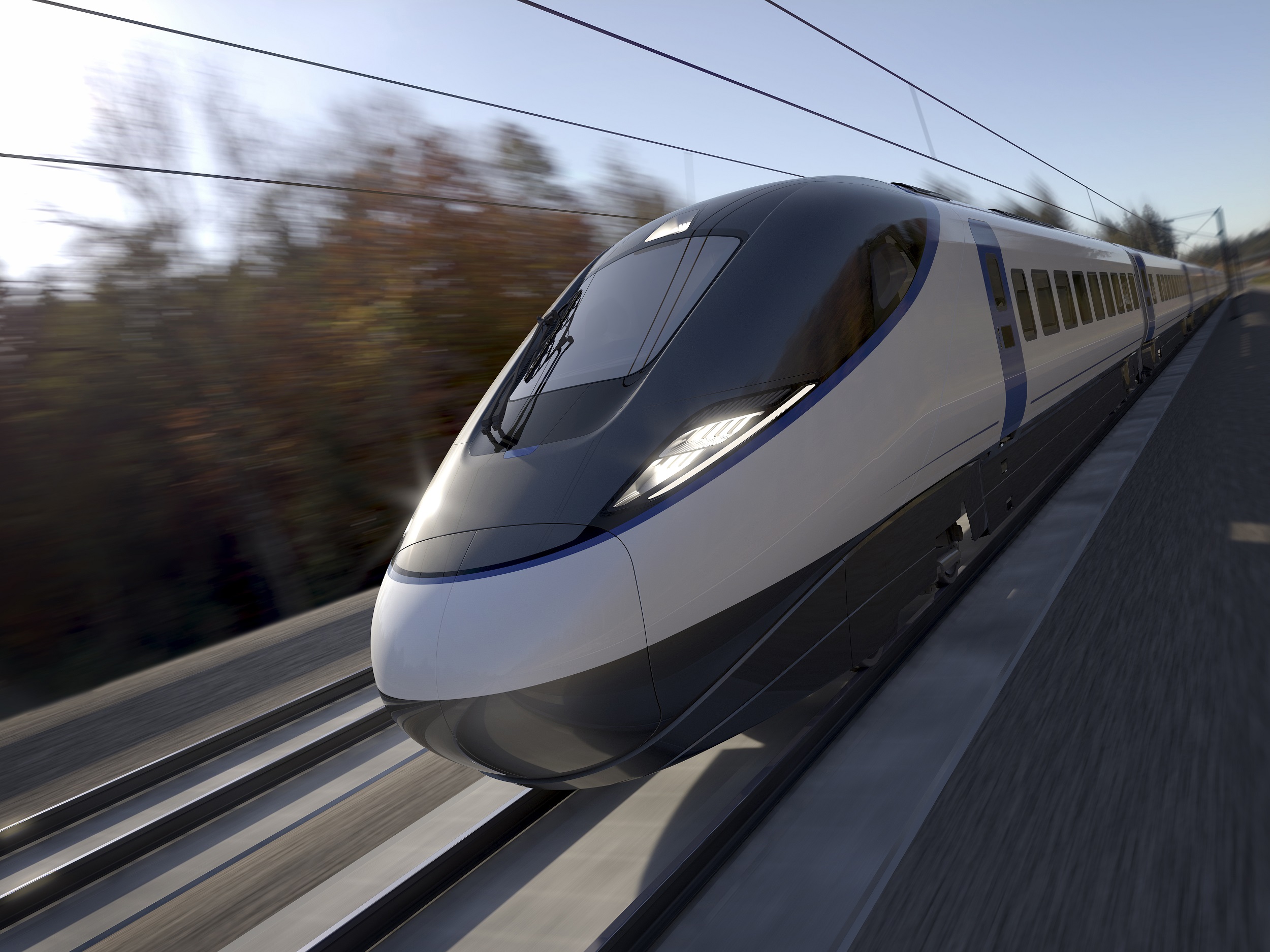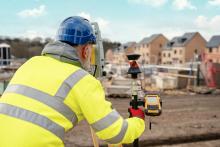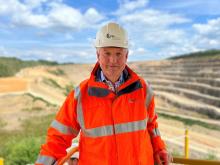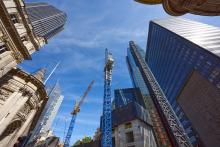
MPA members, who are both key suppliers to and users of the rail network, have invested tens of millions of pounds to meet the material needs of HS2 based on the Government's long-term commitment to infrastructure and public investment.

Jon Prichard, MPA Chief Executive, said: "Scrapping the next leg of HS2 is the latest and largest example of the Government's commitment being unreliable, with projects continuously falling victim to political games. Future prospects for our industry and the wider UK economy should not hinge on the latest political opinion but on evidence-based policymaking and long-term strategic thinking. Using infrastructure spend to balance the books without looking at the wider economic, social and environmental impacts is short-sighted. Pretending that this is a strategic decision simply does not tally with the facts."
Aurelie Delannoy, MPA Director of Economic Affairs, said: "Delivery of public infrastructure has been poor for years, with delays, descoping and cancellations being the Government's modus operandi. Our members' investments, based on expected demand, rest on business confidence, which is eroded by decisions such as this. HS2 north of Birmingham is the biggest such disappointment to date, but it's part of a concerning trend, given similar decisions taken on road projects earlier this year."
Robert McIlveen, MPA Director of Public Affairs, said: "While not a surprise, the decision to run high-speed trains on normal speed means that our members' aspirations to grow their use of rail freight are stymied as they will have much less capacity to use on the West Coast Main Line, meaning more HGVs, carbon emissions and congestion. From a transport perspective, it's the worst of both worlds."

In an environment where MPA members are seeking private investment to achieve the transition to net zero carbon emissions – including shifting freight of essential materials to rail where possible – this decision is deeply unhelpful for business, transport and the climate.










